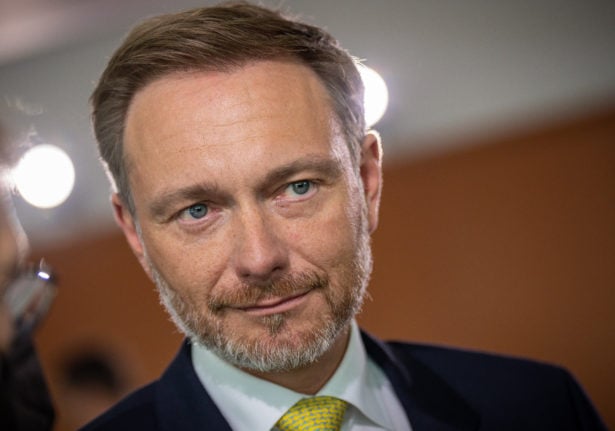The government will borrow 17.2 billion euros ($18.1 million) next year, adhering to the rule enshrined in the constitution that normally limits
Germany’s public deficit to 0.35 percent of overall annual economic output, despite new spending as a result of Russia’s war in Ukraine, the sources said.
The new borrowing set out in a draft budget to be presented to the cabinet on Friday is almost 10 billion euros higher than a previous figure for 2023 announced in April.
However, “despite a considerable increase in costs, the debt brake will be respected,” one of the sources said.
Although Germany is traditionally a frugal nation, the government broke its own debt rules at the start of the coronavirus pandemic and unleashed vast financial aid to steer the economy through the crisis.
READ ALSO: Debt-averse Germany to take on new borrowings to soften pandemic blow
The government has this year unveiled a multi-billion-euro support package to help companies in Europe’s biggest economy weather the fallout from the Ukraine war and sanctions against Russia.
Berlin has also spent billions to diversify its energy supply to reduce its dependence on Russia, as well as investing heavily in plans to tackle climate change and push digital technology.
But despite the additional spending, Finance Minister Christian Lindner has maintained the aim to reinstate the debt brake in 2023.



 Please whitelist us to continue reading.
Please whitelist us to continue reading.
Member comments